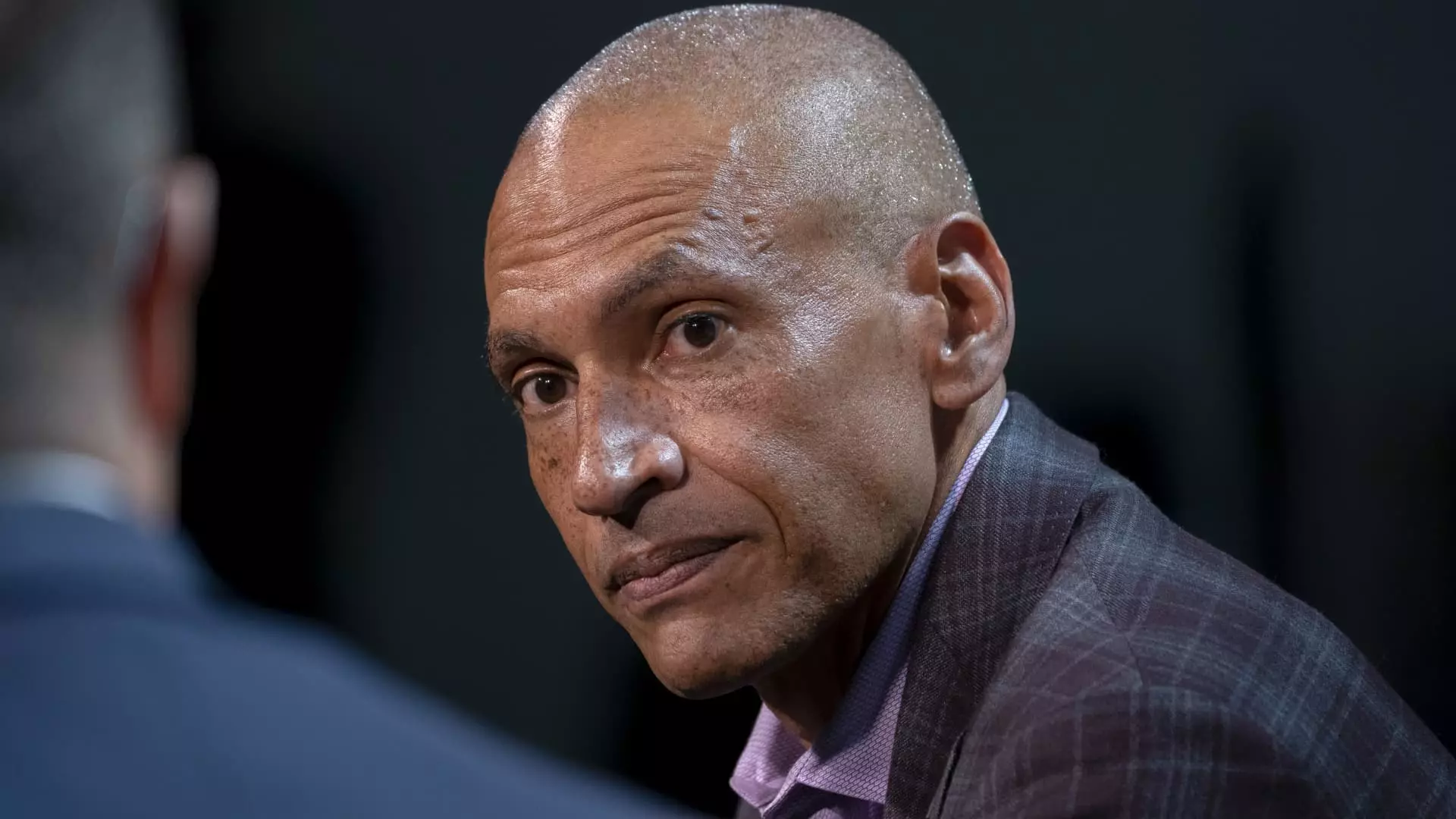Chris Young’s resignation from Microsoft marks the end of a significant chapter in the company’s pursuit of aggressive growth and strategic partnerships. Joining Microsoft in 2020, Young quickly positioned himself as an essential leader, overseeing crucial initiatives that shaped the tech giant’s business landscape. His expertise was instrumental in the $68.7 billion acquisition of Activision Blizzard, a defining moment for Microsoft as it expanded its footprint in the gaming industry. This transaction not only underscored Microsoft’s commitment to diversifying its portfolio but also highlighted Young’s strategic insight within the realm of mergers and acquisitions.
Before his tenure at Microsoft, Young served as CEO of McAfee, where he played a pivotal role in the company’s independence from Intel. His prior experience at Cisco and RSA equipped him with a robust understanding of cybersecurity and enterprise solutions, areas that have become increasingly central to Microsoft’s offerings. Young’s expansive career showcases a blend of leadership in technology sectors, making his insights particularly valuable at Microsoft, where innovation is a cornerstone of its strategic direction.
At Microsoft, Young was not just a figurehead but an integral part of the senior leadership team. Collaborating closely with CEO Satya Nadella and CFO Amy Hood, he contributed to shaping policy decisions that tailored Microsoft’s business development strategies. His compensation, totaling $12 million in the fiscal year 2024, reflects both his high-profile status within the company and the significance of his responsibilities.
Innovative Investments and Strategic Partnerships
Young’s organizational oversight also extended to M12, Microsoft’s venture capital arm. Under his leadership, M12 made expansive investments in startups like Innovaccer and PsiQuantum, ensuring that Microsoft maintained a competitive edge in emerging technologies. In a bold maneuver, M12 signaled a shift to enhance its collaboration with Microsoft, which could lead to more integrated support for its portfolio companies, fostering innovation and growth in the tech startup ecosystem.
Moreover, Young facilitated Microsoft’s deepening ties with influential partners, notably through the collaboration with OpenAI and a strategic advertising partnership with Netflix. These alliances not only reflect Microsoft’s diverse engagement with different sectors but also signify Young’s foresight in recognizing potential synergies across industries.
As one of the prominent Black executives within Microsoft, Young championed diversity and inclusion initiatives, becoming a leader in advocating for a more equitable tech industry. His contributions to these efforts are particularly poignant in discussions surrounding corporate responsibility. While other tech giants, like Amazon and Meta, have withdrawn from their diversity programs, Young’s work highlighted an essential commitment to fostering inclusive workplaces, reinforcing the notion that diverse teams drive innovation and better decision-making.
A New Chapter for Microsoft
Chris Young’s departure undoubtedly leaves a void in Microsoft’s leadership landscape. However, it also presents an opportunity for the company to reevaluate and innovate its approach to business development. As Microsoft navigates an increasingly complex technological terrain, the leadership transition signifies both a challenge and a chance to build on the foundation laid by Young, ensuring continued growth and adaptability in a rapidly evolving industry.

